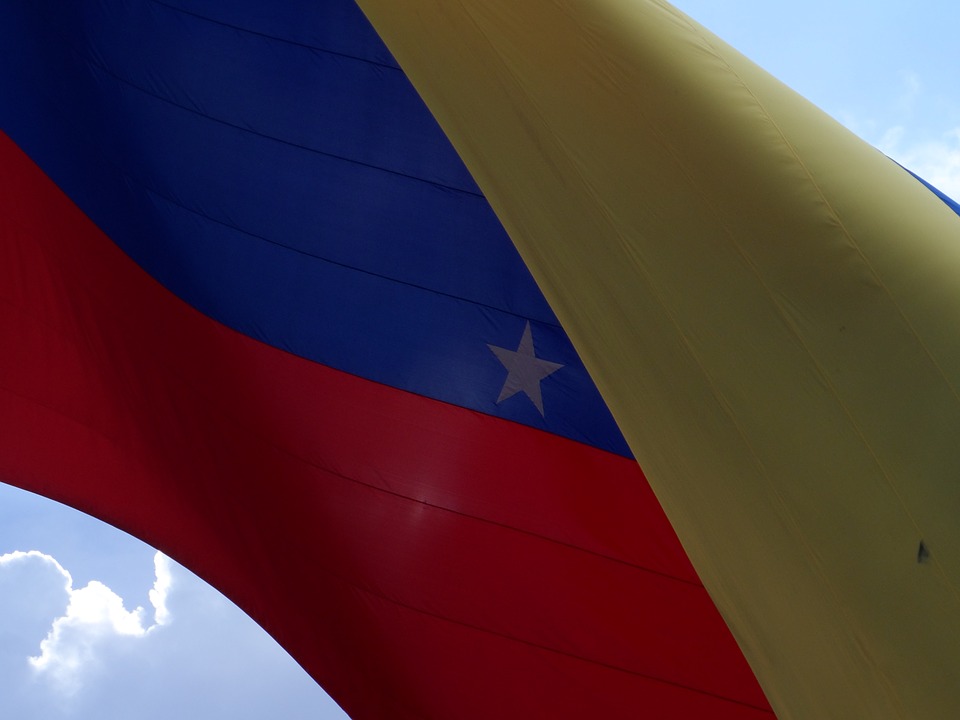President of Venezuela Nicolás Maduro announced the country's readiness for a large-scale monetary reform. The denomination will be held on August 20 (five zeros will be removed), and a new currency - sovereign bolivar - will be tied to the same Venezuelan crypto currency Petro, the price of one unit equals the price of a barrel produced in the country oil. "This is a global change in the entire monetary system of the country," said Nicolás Maduro, vowing "to dismantle the vicious system that was established because of the economic war." President also called for an increase in gold production, extraction of raw materials and a rise in tourism revenues. Now oil provides more than 90% of revenues to the country's budget.
It is assumed that both currencies will be used along with old money until the latter disappear. The Central Bank of the country will begin to publish official data on the binding of Bolivar to Petro daily. Venezuelan President assured that the banking system has already received the new bills. All money transactions of the state oil company PDVSA will also be carried out in Petro. Recall, sales of crypto currency were launched on March 23 this year, then Petro could be purchased for yuan, ruble, Turkish lira and euro, as well as for crypto-currencies such as Bitcoin, Ethereum and so on.
Also, the government will refuse to artificially support the extremely low prices for gasoline, releasing them to the market level, while the owners of vehicles can expect to receive direct subsidies from the state. "Gasoline and other hydrocarbon products should be sold at market prices to end smuggling to Colombia," said Nicolás Maduro, estimating the losses incurred because of contraband at $ 18 billion. While Venezuela is considered the country with the cheapest gasoline in the world, it costs 1- 6 bolivars per liter. Prices at the black market reach nearly 4 million bolivars for $ 1 (official rate is about 250 thousand bolivars for $ 1).
Hard currency control has been in effect since 2003. Until early August this year, when commercial exchange was partially legalized, the only body that had the right to change it was the Central Bank. At the same time, against the backdrop of a deficit of imported goods and unrestricted emissions, the inflation rate in July was 125%, exceeding 82,700% year-on-year. This assessment was provided by the head of the Finance Commission of the National Assembly of Venezuela, Rafael Guzman, official data on price increases have not been published since 2015. Earlier, experts of the International Monetary Fund predicted that by the end of the year, inflation could reach 1 million percent, while GDP would be reduced by 18 percent.
source: reuters.com
It is assumed that both currencies will be used along with old money until the latter disappear. The Central Bank of the country will begin to publish official data on the binding of Bolivar to Petro daily. Venezuelan President assured that the banking system has already received the new bills. All money transactions of the state oil company PDVSA will also be carried out in Petro. Recall, sales of crypto currency were launched on March 23 this year, then Petro could be purchased for yuan, ruble, Turkish lira and euro, as well as for crypto-currencies such as Bitcoin, Ethereum and so on.
Also, the government will refuse to artificially support the extremely low prices for gasoline, releasing them to the market level, while the owners of vehicles can expect to receive direct subsidies from the state. "Gasoline and other hydrocarbon products should be sold at market prices to end smuggling to Colombia," said Nicolás Maduro, estimating the losses incurred because of contraband at $ 18 billion. While Venezuela is considered the country with the cheapest gasoline in the world, it costs 1- 6 bolivars per liter. Prices at the black market reach nearly 4 million bolivars for $ 1 (official rate is about 250 thousand bolivars for $ 1).
Hard currency control has been in effect since 2003. Until early August this year, when commercial exchange was partially legalized, the only body that had the right to change it was the Central Bank. At the same time, against the backdrop of a deficit of imported goods and unrestricted emissions, the inflation rate in July was 125%, exceeding 82,700% year-on-year. This assessment was provided by the head of the Finance Commission of the National Assembly of Venezuela, Rafael Guzman, official data on price increases have not been published since 2015. Earlier, experts of the International Monetary Fund predicted that by the end of the year, inflation could reach 1 million percent, while GDP would be reduced by 18 percent.
source: reuters.com





